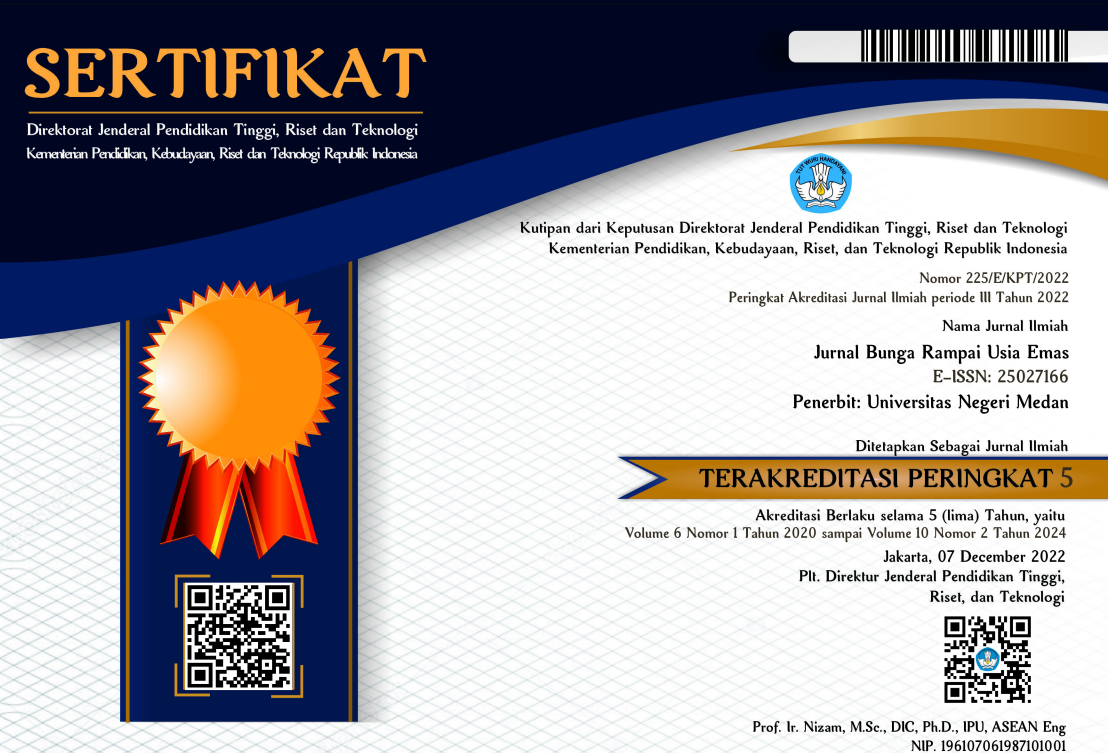Peran Teori Behaviorisme dalam Mengembangkan Kebiasaan Positif pada Anak Usia Dini
DOI:
https://doi.org/10.24114/jbrue.v11i1.67159Abstract
This study examines the role of behaviorism theory in developing positive habits in early childhood. Behaviorism theory, which focuses on behaviors that can be observed and measured, offers an effective approach to forming children's behavior through positive strengthening techniques. In the context of early childhood education (PAUD), the application of the principle of behaviorism such as praise and prizes is proven to increase the motivation of children to behave well. The methodology used in this study includes in -depth interviews with educators, observations in class, and analysis of curriculum documents. The results showed that positive reinforcement not only encouraged good behavior, but also helps children understand the consequences of their actions. However, the challenges in their application, such as children's dependence on external strengthening, are also identified. Therefore, it is important for educators to develop children's intrinsic motivation and apply more holistic techniques. Collaboration between educators and parents is the key in creating a consistent learning environment. This study concluded that with the right application, the theory of behaviorism can be an effective tool in shaping positive habits among early childhood, giving them a strong foundation for social and emotional development in the future. This finding is expected to provide insight for educators, parents, and policy makers in formulating more effective strategies in early childhood educationDownloads
Published
2025-06-30
Issue
Section
Articles









